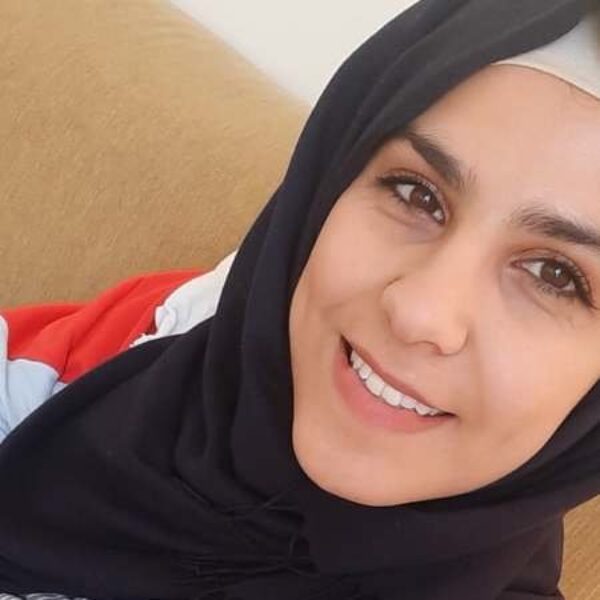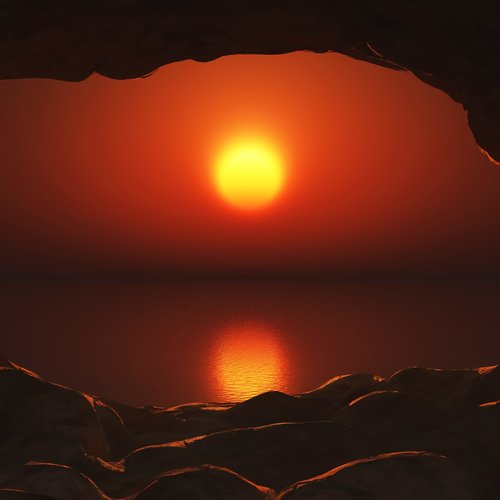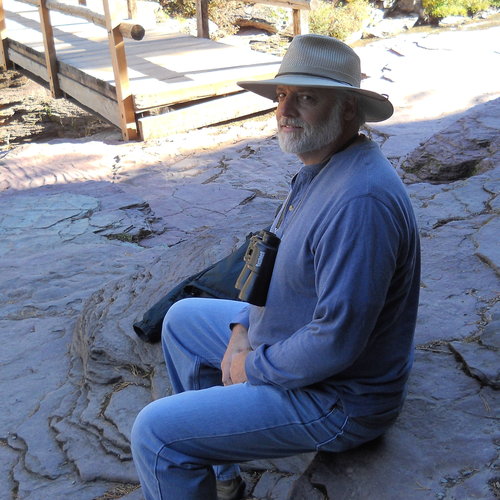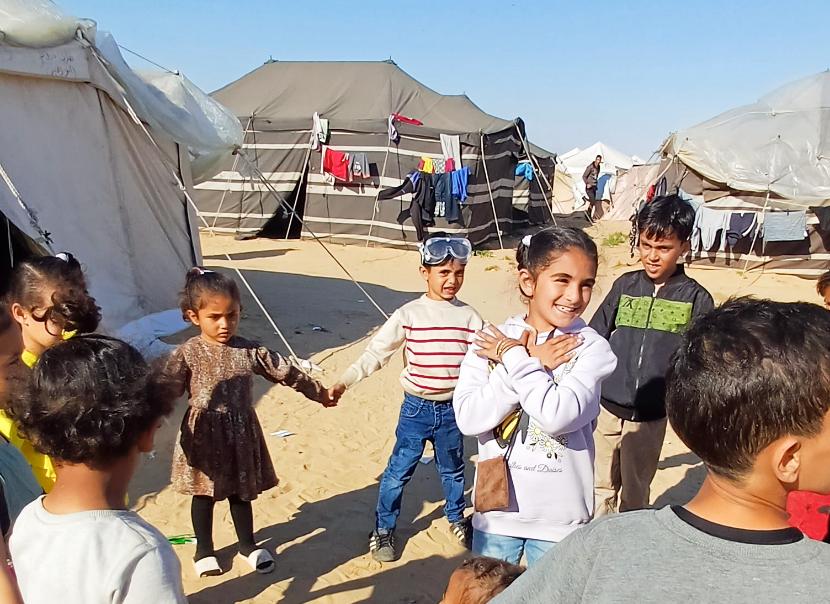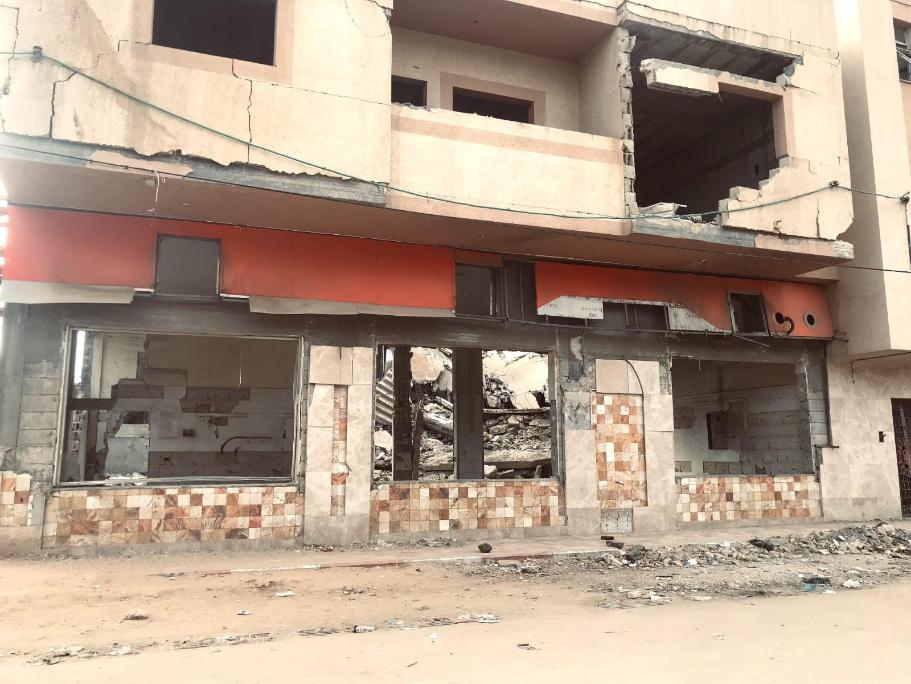Writer’s note: This poem is inspired by and written as a tribute to:
- Ahmed Alnaouq, the 25-year-old project manager for We Are Not Numbers, who earned a full scholarship to study for his master’s at a UK university. However, he has been prevented from leaving Gaza because the Palestinian Authority has refused to replace his missing passport. The only other country he has ever been able to visit is Egypt.
- Ismail Ajjawi, a 17-year-old Palestinian refugee in Lebanon, who earned a scholarship to study for his bachelor’s degree at the United States’ prestigious Harvard University. Despite receiving a U.S. visa, he was deported upon arrival. Immigration officials did not approve of the political opinions of his Facebook friends. (Want to help? Sign this petition!)
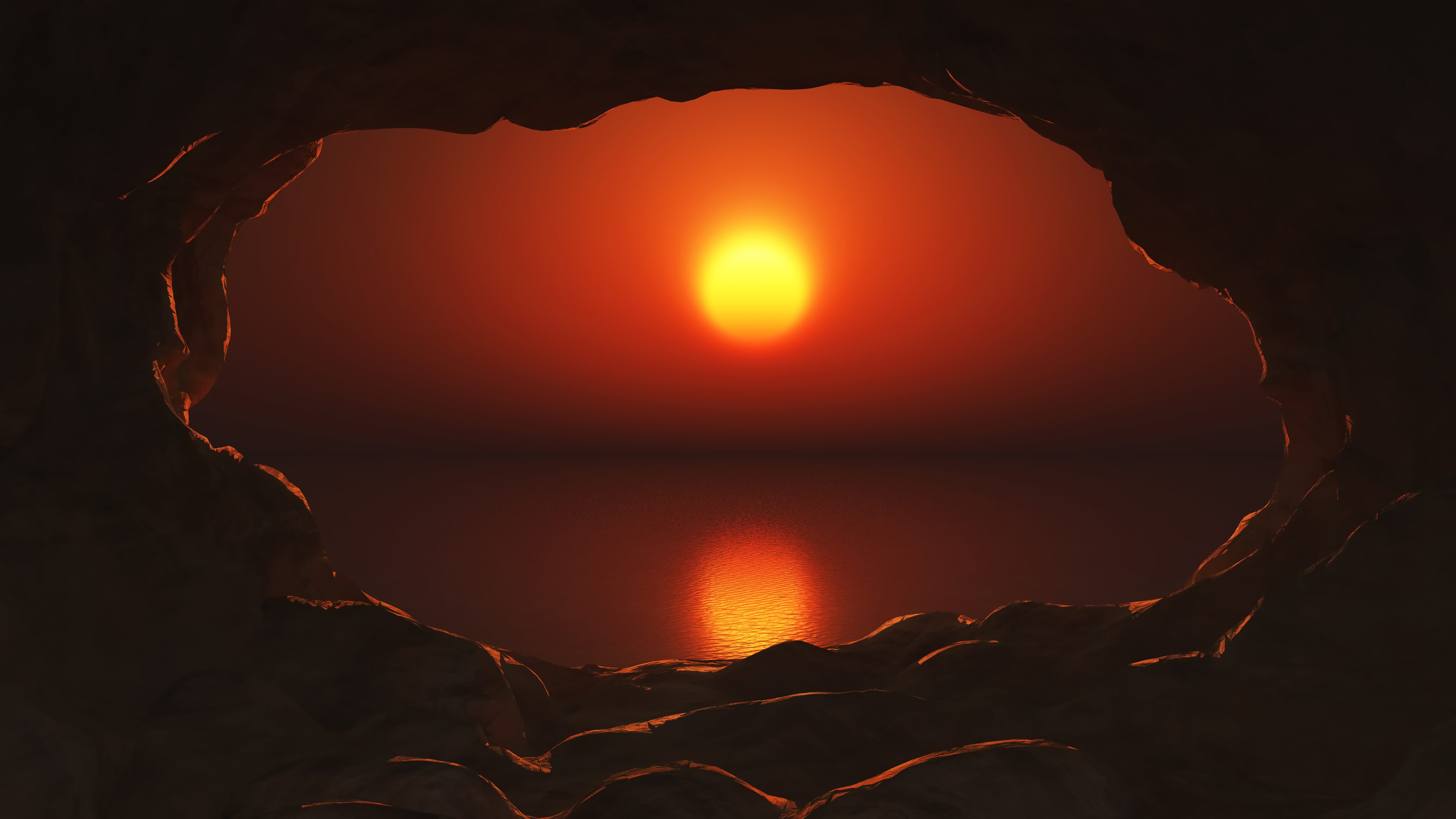
They are chained in the cave, dear Plato,1
facing the wall, the sun just behind them,
able to see only the flickering shadows,
hints of the reality they cannot grasp.
All epic stories seem to start in this cave.
Mohammed began his solitude here,2
discovering the true meaning of life,
with the help of God,
only when he could turn away from the wall.
to see the sun in all of its glorious truth.
Only then could he leave the cave,
sharing what he saw and learned
for all of our benefit.
But these boys, Plato, these souls stay chained.
They are not allowed to see more than the shadows.
Their hearts are ready to embrace the sun;
they strive to break their chains, turn away from the wall,
leave the cave behind them.
Yet their attempts go in vain.
Can the sun eventually overwhelm the darkness
that keeps them bound?
Will it seek them
as they have been seeking it all their lives?
1) Read Plato’s “allegory of the cave.”
2) Prophet Mohammed, PBUH, the last prophet in Islam, discovered the religion
when the Quraan was sent to him while he was deep in solitude in a cave,
to be shared with all humanity.
Additional mentoring provided by Pam Bailey.

